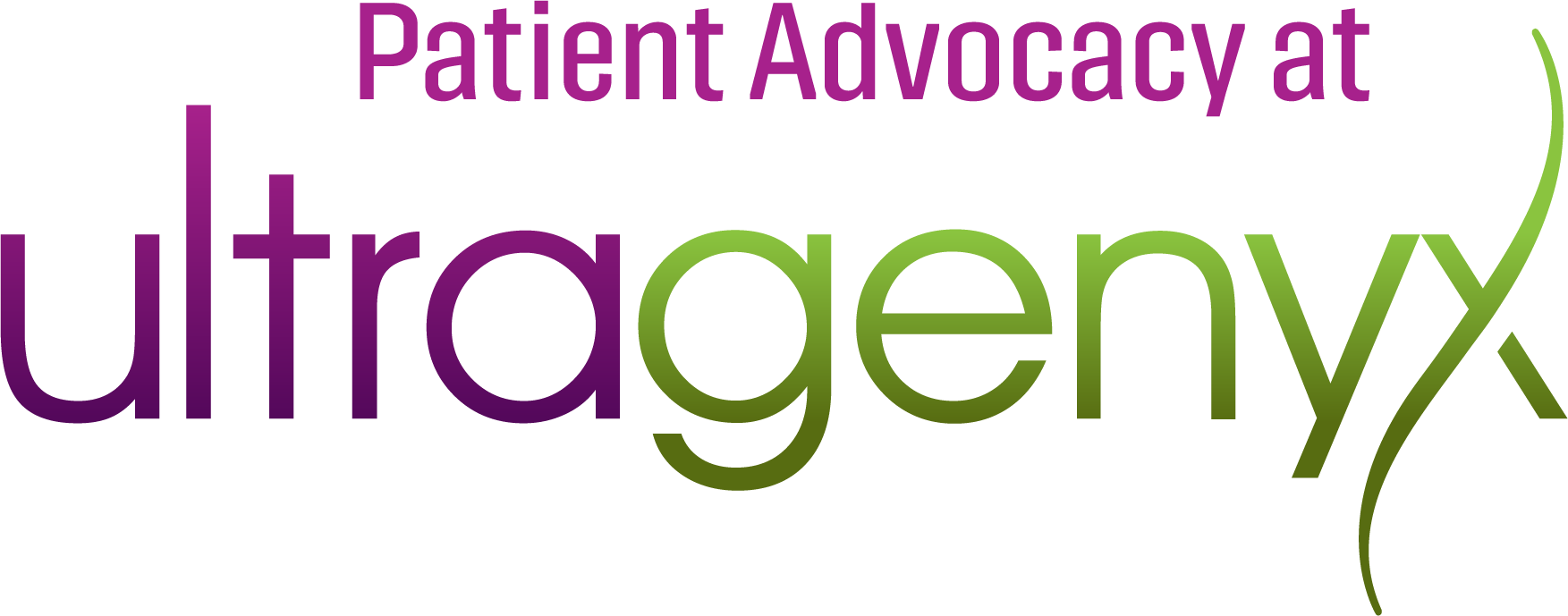My life changed completely since my daughter Victoria was diagnosed with very-long-chain acyl-CoA dehydrogenase deficiency (VLCAD), a type of long chain fatty acid oxidation disorder (LC-FAOD). We learn day by day through caring for and about it. We live in Argentina, and so far, Victoria is the only one in our province with VLCAD. In Argentina, there are only a handful of us who are diagnosed with forms of LC-FAOD.
Victoria’s disease appeared at three years old and it took about a month for us to get a diagnosis. We had two consecutive hospitalizations. Her first crisis was after her birthday and we thought it was due to excitement because she saw people she had not seen in a long time. That’s when it started. The second time her creatine phosphokinase (CPK) level was so high that her pain was severe.
One of the most challenging things was accepting the diagnosis and that we were the only ones we knew of in our province. There wasn’t much information about VLCAD.
We gradually learned about it with help from her doctors. Even now it is hard for me because they are still not trained about her dietary needs. I have to tell each doctor she sees when she’s hospitalized about her illness. Honestly, I get very stressed during each hospitalization. I just want them to place her on IV therapy so she can recover and go back home as quickly as possible.
Managing VLCAD
Victoria’s prominent symptoms are muscle aches and diarrhea, which weaken her and affect her metabolism. Everything is difficult at home, especially food. She can be defiant with food. She doesn’t eat anything with fat, but when her disease appeared late at three years old, she already knew how everything tasted, so she wants it. Luckily, I like to cook a lot and I always get her to try new things. I cook with canola oil for her and with sunflower oil for my other daughters. Her biggest temptation is things with chocolate, but I learned to make special cakes and desserts, and I even invented Easter eggs for her so she would feel good! Every day we learn something new about living with this disease.
Every six months we meet with other families. Doctors host special cooking workshops for us, and we don’t feel so alone. I see my daughter’s little face when she plays with them and their nutritionists teach them. She is amazed when she sees other children eating and doing the same things as her. Since there are only a few of us, it is very difficult. That is why I loved the idea of listening to others with VLCAD, not feeling strange, and knowing that we’re not alone.
Hope for the Future
The fears are always there because she depends on my husband and me. I fear that she will always depend on me, but the truth is she won’t. I know it’s all in due time, but as a mother, I want to know what will happen.
My husband and I established a foundation for congenital diseases to advocate for families like ours because people like us go to hospitals and the doctors don’t know what these diseases are. Because of this, it’s difficult to get everything: her medication, her tests. The foundation is named after her: VICTORIA. We are parents, not doctors, but we fight for our children so doctors will listen to us.
I think that this has brought us purpose in this life, to help other people. I won’t lie, oftentimes every prick of the needle hurts us as much as it hurts them. We suffer at their side but what’s special about our community is that we experience and feel the same things: diets, fears, dreams, and love.
Written by Myriam, Victoria’s mother
Note: Content was originally provided in Spanish and translated to English
